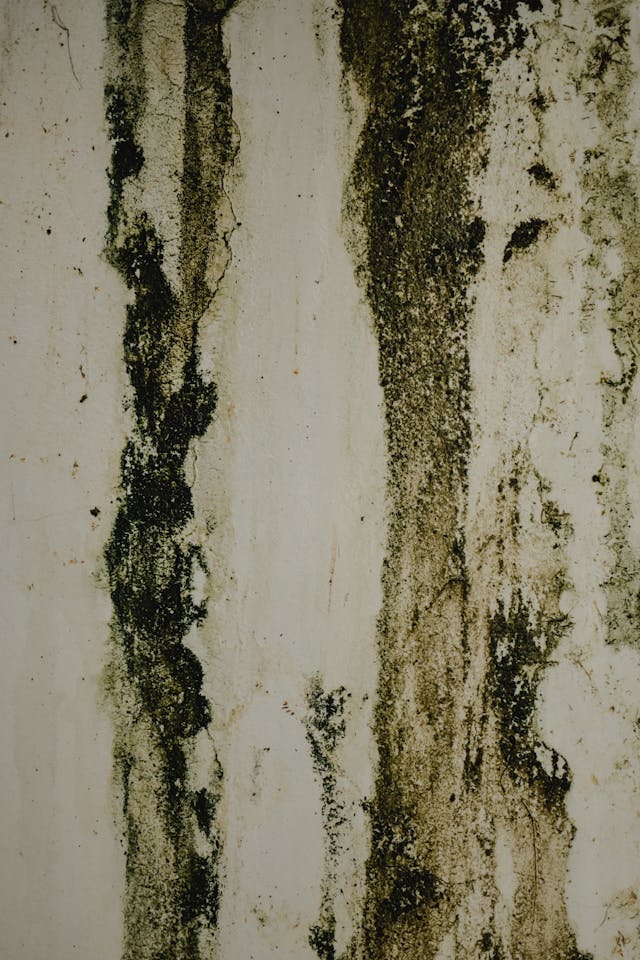Mold can be a hidden menace in any home, posing serious health risks and damaging property. For homeowners, understanding the importance of mold inspection is crucial to maintaining a safe and healthy living environment. This guide will explore why mold inspections are essential, how to identify when you need one, and what to expect during the process.
What is Mold Inspection?
Mold inspection is a thorough assessment conducted by professionals to identify the presence of mold in a home. This process involves visually inspecting areas prone to moisture, such as basements, bathrooms, and kitchens, as well as using specialized equipment to detect mold spores in the air. The primary goal is to determine if mold is present and assess its potential impact on health and property.
Signs You Need a Mold Inspection
Recognizing the signs of mold can help you take action before it becomes a more significant problem. Here are some common indicators that you may need a mold inspection:
- Visible Mold Growth: If you see black, green, or white patches on walls, ceilings, or other surfaces, it’s essential to act quickly.
- Musty Odors: A persistent musty smell in your home often indicates hidden mold growth.
- Water Damage: If you’ve experienced leaks or flooding, it’s wise to have an inspection done, as moisture creates an ideal environment for mold.
- Health Issues: If you or your family members experience respiratory problems, allergies, or other health issues that seem to worsen indoors, mold could be the culprit.
The Mold Inspection Process
Understanding what happens during a mold inspection can help alleviate concerns. Here’s what you can expect:
- Initial Consultation: A professional will discuss your concerns and any signs of mold you’ve noticed.
- Visual Inspection: The inspector will examine areas prone to moisture and potential mold growth.
- Air Quality Testing: Samples may be taken from the air to measure the concentration of mold spores.
- Surface Sampling: In some cases, samples from surfaces may be collected for laboratory analysis.
- Report and Recommendations: After the inspection, you’ll receive a report detailing findings and recommendations for remediation if necessary.
Choosing the Right Mold Inspection Service Near You
Selecting a reputable mold inspection service is crucial for accurate results. Here are some tips for finding the right professionals:
- Check Credentials: Look for certified inspectors with experience in mold assessment.
- Read Reviews: Customer feedback can provide insight into the quality of service offered.
- Ask About Techniques: Inquire about the methods they use for detection and testing.
- Get Multiple Quotes: Comparing prices from different services can help you find an affordable option without compromising quality.
Benefits of Regular Mold Inspections
Regular mold inspections offer numerous benefits:
- Health Protection: Identifying and addressing mold early can prevent health issues for you and your family.
- Property Value Maintenance: Keeping your home free from mold helps maintain its value and prevents costly repairs down the line.
- Peace of Mind: Knowing your home is safe from mold provides reassurance for you and your loved ones.
Conclusion
Mold inspection is an essential part of home maintenance that should not be overlooked. By understanding what mold inspections entail and recognizing the signs that indicate a need for one, homeowners can take proactive steps to protect their health and property. If you’re searching for mold inspection near me consider reaching out to local professionals who can provide thorough assessments tailored to your needs.
Don’t wait until it’s too late—schedule your mold inspection today and ensure your home remains a safe haven for you and your family!












